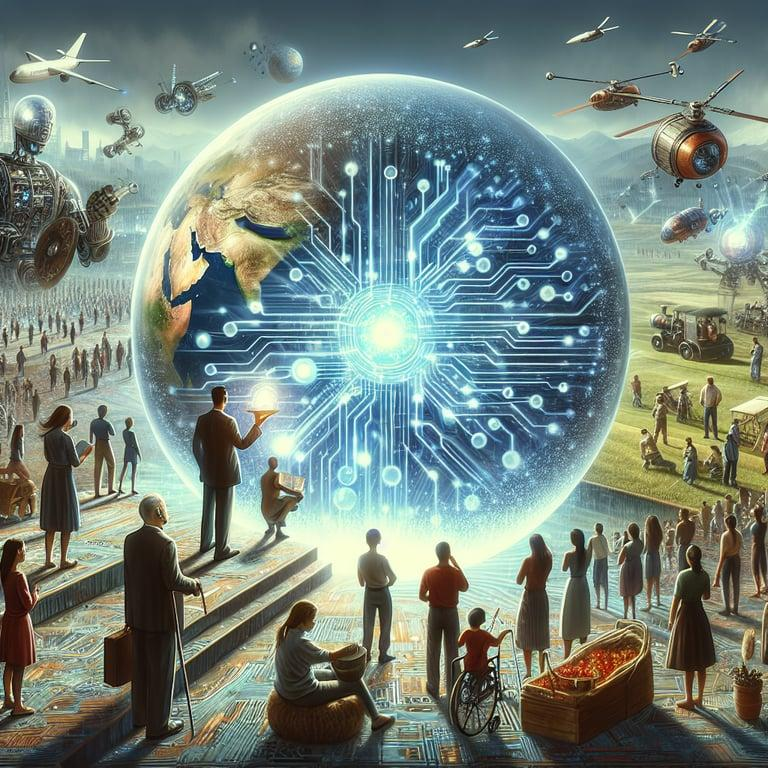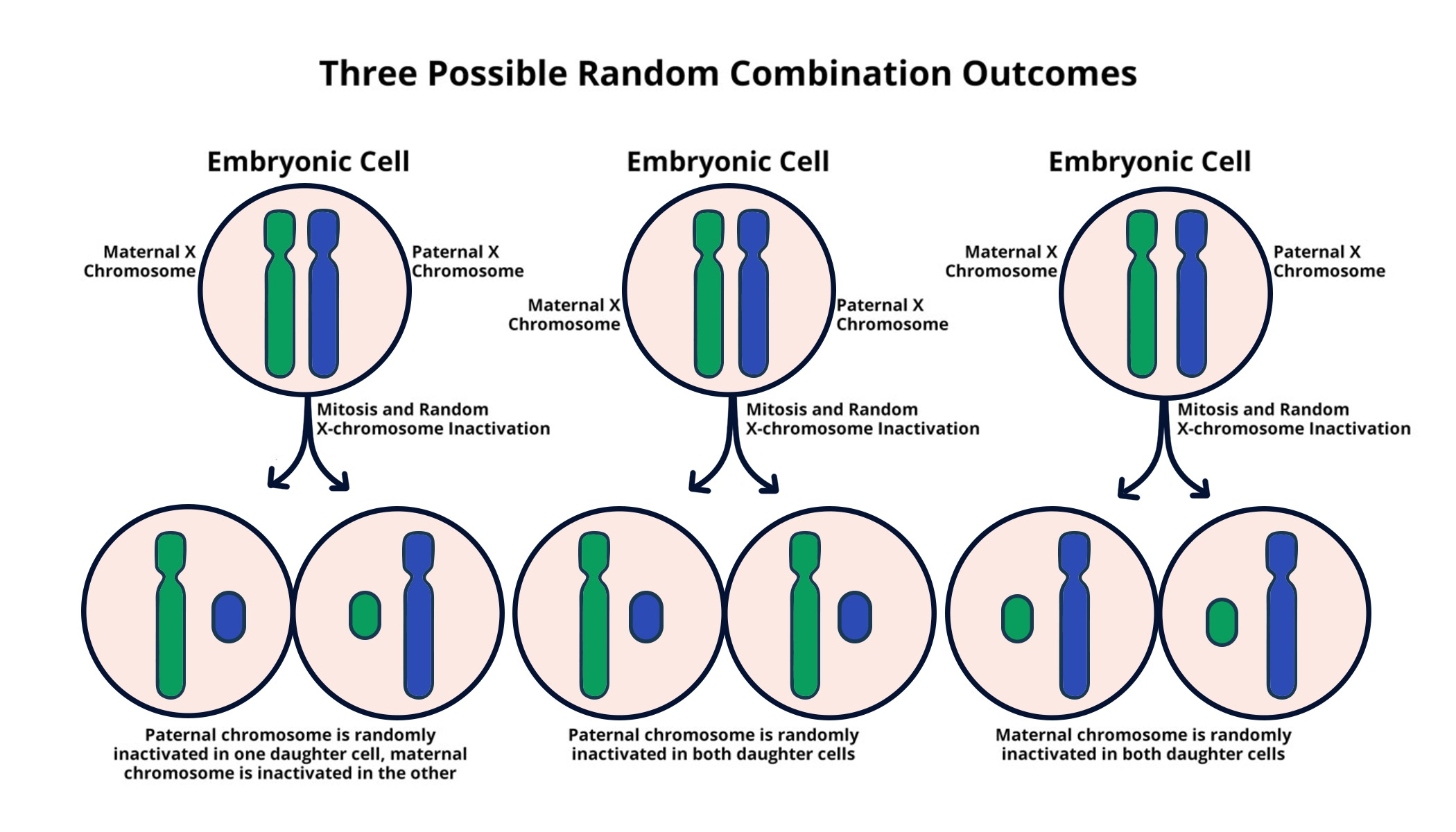
Bill Gates AI Predictions: Navigating a Scary Future
Bill Gates has shared his insights on AI predictions that resonate deeply within the tech community and beyond. As a visionary leader and co-founder of Microsoft, Gates has not only shaped technology but also sparked crucial discussions on the implications of artificial intelligence. In his recent memoir, he discusses these innovations and addresses the complexities and concerns surrounding the rapid growth of AI technology. This contemplation of artificial intelligence concerns juxtaposes with his reflections on his early fascination with math during his formative years before founding Microsoft. Gates emphasizes the importance of curiosity in learning, recognizing that while technology can drive efficiency, it also raises ethical questions that society must grapple with.
In the realm of technological foresight, Bill Gates’ perspectives on future innovations offer a profound exploration of artificial intelligence’s potential and challenges. The co-founder of the tech giant Microsoft revisits his journey through the landscape of tech advancements in his memoir, shedding light on both his achievements and the evolving role of AI. As society faces a multitude of artificial intelligence issues, his reflections underscore the ongoing dialogue about the balance between embracing cutting-edge technologies and understanding their broader impacts. Gates advocates for fostering a sense of aptitude toward learning and discovery, bringing to light the intricate relationship between education and tech innovations. His thoughts are crucial as we navigate a world increasingly influenced by intelligent machines.
The Evolution of Artificial Intelligence: Bill Gates’ Predictions
Bill Gates has always been at the forefront of technology and innovation, championing advancements that have reshaped the world. His recent remarks about artificial intelligence reflect both excitement and caution about its rapid evolution. Gates predicts that AI will have profound impacts across various sectors—including healthcare and education—by alleviating shortages and improving efficiencies. He perceives this ‘free intelligence’ as a groundbreaking opportunity to address long-standing global challenges, underscoring his belief in the technology’s potential to drive significant change.
However, Gates also acknowledges the inherent risks associated with such advancements. In discussions surrounding AI, he often raises concerns regarding its misuse and the ethical dilemmas that may arise. Gates emphasizes that while the potential benefits are vast, society must navigate the implications of deploying AI technologies responsibly. His balanced perspective encapsulates the duality of excitement for new technological frontiers and the urgent need for careful governance and ethics in technology to ensure that human interests are preserved.
Bill Gates’ Memoir: A Journey Through Curiosity and Innovation
In his memoir, “Source Code,” Bill Gates reflects on his formative years and the insatiable curiosity that propelled him into the tech industry. He shares anecdotes from his childhood that reveal his early interest in mathematics and programming, attributes that played a key role in founding Microsoft. Gates outlines how his upbringing and relationships, particularly with his mother, instilled a hunger for knowledge and a willingness to experiment with new ideas—a theme that resonates throughout his narrative. This memoir not only chronicles his achievements but also serves as a reminder of the importance of nurturing curiosity in the next generation.
Gates’ journey also emphasizes the lessons learned from failures and the value of perseverance. He recounts moments during his time at Harvard, from grappling with complex math courses to the pivotal decision to drop out and pursue his vision for Microsoft. These experiences enriched his understanding of innovation, teaching him that setbacks are integral to success. Gates’ memoir offers readers insights into the mindset required for thriving in a constantly evolving tech landscape, encouraging them to embrace challenges and maintain a sense of curiosity.
Through this lens, Gates illustrates how curiosity has been a driving force behind his contributions to the tech industry. His narrative inspires readers to cultivate their inquisitiveness as a means to unlock new pathways in their personal and professional lives.
Microsoft’s Legacy: From Founding to Philanthropy
Bill Gates’ founding of Microsoft in 1975 represents a turning point in computing history, yet his legacy extends far beyond software development. Gates has continually shifted his focus from technology to philanthropy, using his wealth and influence to address global issues in health and education. This transition illustrates the evolution of a visionary, as he channels the skills and experiences gained from building a software empire into tackling real-world challenges. The success of Microsoft not only established Gates as a tech icon but also paved the way for him to become a prominent philanthropist.
In discussions about the impact of technology, Gates often reflects on the balance between innovation and ethical responsibilities. He acknowledges the immense power that tech can yield and advocates for using such power to benefit society. Through the Bill and Melinda Gates Foundation, he has turned his attention to pressing global issues, including healthcare accessibility and educational inequality. His commitment to philanthropy underscores a holistic approach where knowledge from his career at Microsoft informs his strategies in global health and development, inspiring others in the tech community to engage in socially responsible innovation.
Tech Innovations: The Impact on Society and Future Outlook
The relentless pace of tech innovations continues to alter the way we inhabit the world, and Bill Gates remains a critical voice in these discussions. He often highlights the transformative potential of technology in solving everyday issues, particularly in the realms of education and health. Gates’ experiences with Microsoft have given him a unique perspective on how technological advancements can enhance productivity and improve life quality. He encourages individuals to embrace new tech innovations while staying mindful of their implications on personal relationships and social structures.
Moreover, Gates advocates for an educational framework that values creativity and risk-taking as essential components of fostering innovation. He believes that, much like in his journey with Microsoft, embracing the unknown can lead to groundbreaking discoveries and insights. As society grapples with challenges stemming from technological proliferation, Gates emphasizes the need for continuous learning and adaptation, portraying a future where curiosity fuels not just personal growth, but societal progress as a whole.
Navigating Artificial Intelligence Concerns: Gates’ Views
Bill Gates’ thoughtful stance on artificial intelligence captures the complex emotions surrounding this transformative technology. While he enthusiastically endorses AI’s capacity to revolutionize industries, he also voices legitimate concerns regarding its rapid development and potential misuse. In various forums, Gates has raised questions about the implications of AI on jobs, privacy, and ethical guidelines, highlighting the necessity for careful regulation and public discourse. By advocating for proactive measures, he positions himself as a leader in ensuring that AI is harnessed for the greater good.
Gates stresses that understanding and addressing the technical and ethical challenges posed by AI is critical for its successful integration into society. He calls on tech leaders, policymakers, and the public to engage in open dialogues that prioritize responsible AI development. By fostering a collaborative environment, Gates believes that society can harness AI’s potential while mitigating risks associated with its misuse—a sentiment that resonates with his underlying philosophy of leveraging technology for the benefit of all.
The Role of Curiosity in Learning and Technology
Curiosity serves as a cornerstone for innovation, and Bill Gates emphasizes its significance throughout his memoir and public commentary. He advocates for nurturing a sense of wonder in education, encouraging young minds to explore diverse fields and take intellectual risks. Gates’ experiences at Harvard taught him that the pursuit of knowledge should not be confined to conventional paths; instead, curiosity should drive learning journeys. This philosophy has not only guided his own development but reflects his vision for future generations in fostering a creative, inquisitive mindset.
Gates frequently underscores the importance of curiosity in bridging the gap between emerging technologies and everyday applications. He believes that an education system revolving around curiosity encourages individuals to pursue problem-solving ingeniously, ultimately leading to groundbreaking innovations. By prioritizing curiosity in learning, Gates envisions a society where technology is not merely a tool but an extension of human creativity and critical thinking.
Reflections on Tech Innovation and Ethics
Bill Gates’ career encapsulates the rich narrative of technological advancement intertwined with ethical considerations. As he transitioned from a young programmer to the co-founder of a tech giant, he faced a myriad of ethical questions that accompanied the rise of Microsoft. Even as he celebrated the milestones achieved through his work, Gates recognized the pressures and responsibilities that success brings. He now emphasizes the importance of ethical frameworks in guiding future tech innovations to ensure that they are developed and deployed in ways that are beneficial to society.
Today, Gates remains an advocate for responsible technology, bringing attention to the consequences of misusing digital tools. He often encourages the tech community to engage in self-regulation and proactive ethics discussions as they navigate the complex landscape of emerging technologies. By prioritizing ethical considerations alongside innovation, Gates seeks to inspire others to harness their talents responsibly, ensuring that the next wave of technological advancements is driven by a commitment to ethical integrity and social responsibility.
The Legacy of Microsoft and Its Lasting Influence
Microsoft’s foundational years under Bill Gates are a testament to the power of foresight in technology. The groundbreaking software developed during that era not only reshaped industries but also laid the foundation for personal computing as we know it today. Gates’ vision and leadership propelled Microsoft to the forefront, transforming it into a household name with products that became integral to daily life. This legacy continues to influence emerging tech leaders and ignite new innovations that aim to push boundaries in computing.
Furthermore, Gates has used his experience from Microsoft to advocate for policies that support tech education and promote inclusivity within the tech industry. His ongoing commitment to diversity helps bridge gaps in representation in technology fields, allowing more voices to contribute to the discourse surrounding innovation. Microsoft’s legacy, as envisioned by Gates, embodies the belief that technology should empower all individuals, further driving his philanthropic efforts to create equitable opportunities for future generations.
Analyzing the Intersection of Curiosity and Innovation
Bill Gates has consistently highlighted the intersection of curiosity and technological innovation as a fundamental driver of progress. His varied experiences—from software development to philanthropy—illustrate how a curious mind can meet global challenges with innovative solutions. Gates urges individuals and educational institutions to endorse curiosity as an essential trait for creativity and problem-solving. By fostering environments where exploration is encouraged, society can cultivate the next wave of innovators who redefine what’s possible.
In doing so, Gates emphasizes the importance of a mindset that embraces exploration and experimentation. His own life story serves as evidence of how curiosity paved the way for pivotal milestones in tech. This legacy encourages the current and future generations to harness their innate curiosity, which can catalyze advancements in fields ranging from artificial intelligence to global health. Gates’ vision demonstrates that curiosity not only spurs technological breakthroughs but also fosters a culture of continuous learning and adaptability.
Frequently Asked Questions
What are Bill Gates’ predictions about artificial intelligence based on his recent memoir?
In his memoir ‘Source Code,’ Bill Gates discusses his predictions regarding artificial intelligence (AI), highlighting its vast potential in fields like healthcare and education. He anticipates that AI will provide significant solutions to labor shortages and improve productivity. However, he also expresses concerns about the rapid advancement of AI technology, noting that it can be somewhat intimidating.
How does Bill Gates describe his early experiences with technology and AI in his memoir?
Gates reflects on his early passion for technology in ‘Source Code,’ sharing anecdotes from his childhood and early career with Microsoft. He emphasizes the importance of curiosity, which drove him to explore innovations in programming and computing. This curiosity, he believes, is essential for navigating the advancements in AI and the impact it will have on society.
What concerns does Bill Gates have about the impact of AI on society?
Bill Gates voices his concerns about the effects of AI in his memoir, particularly regarding its swift evolution. He acknowledges that while AI can lead to remarkable improvements in various sectors, such as healthcare and education, its rapid advancements could pose risks. Gates cautions against excessive dependence on technology and stresses the need for responsible development of AI.
How does Bill Gates link his experiences in founding Microsoft to his views on AI innovation?
In ‘Source Code,’ Gates relates his journey of founding Microsoft to his views on AI innovation. He reflects on how his early experiences in programming taught him the value of technology as a tool for productivity and creativity. Gates believes that, similar to the early days of Microsoft, the ongoing advancements in AI could revolutionize industries if approached with thoughtful consideration and ethical guidelines.
What insights does Bill Gates offer about the future of AI in his speeches and writings?
In his discussions, including those in ‘Source Code,’ Bill Gates offers optimistic insights about the future of AI, suggesting it could significantly address critical issues in healthcare and education. He is hopeful that AI will foster innovation, while also acknowledging the potential risks associated with its rapid development. Gates emphasizes that a balance between embracing technology and addressing ethical concerns is crucial for harnessing AI’s full potential.
How does Bill Gates’ early educational background influence his perspective on AI?
Bill Gates’ educational experiences at Harvard play a significant role in shaping his perspective on AI. He highlights the importance of rigorous academic challenges and the intellectual curiosity fostered during his time at university. In ‘Source Code,’ he connects this curiosity to the ongoing exploration of AI innovations, stressing that a foundation in math and technology is vital for understanding and guiding the future of AI developments.
Why does Bill Gates believe curiosity is important in the context of AI development?
Bill Gates emphasizes curiosity as a fundamental trait for innovation in ‘Source Code.’ He believes that fostering a culture of curiosity encourages individuals to explore new ideas and technologies, including AI. Gates argues that this mindset is essential for navigating the complexities of AI developments and harnessing their potential benefits for society, advocating that the next generation should embrace curiosity in tech learning.
What role does Bill Gates see for AI in improving education and healthcare?
In his discussions, including insights from ‘Source Code,’ Bill Gates envisions AI playing a transformative role in education and healthcare. He predicts that AI could alleviate teacher shortages by providing personalized learning experiences and enhancing efficiency in healthcare delivery. Gates believes that with proper implementation, AI has the potential to significantly improve access to quality services in both fields.
| Key Point | Details |
|---|---|
| Gates’ Background | Bill Gates reflects on his challenging school experience and early involvement in personal computing. |
| Release of “Source Code” | His new memoir documents his youth and the founding of Microsoft, aiming to inspire curiosity and risk-taking in readers. |
| Impact of Education | Gates speaks of the rigor of Harvard’s math courses and the realization of the talent surrounding him during his education. |
| Founding Microsoft | After dropping out of Harvard, he founded Microsoft and quickly made significant advancements in personal computing. |
| Concerns Over Technology | Gates shares nostalgia for earlier tech optimism, recognizing both the benefits and pitfalls of technology in modern life. |
| AI Predictions | Gates believes in the potential of AI to improve sectors like healthcare and education, but also considers its rapid advancement to be daunting. |
Summary
Bill Gates AI predictions highlight both the potential and the concerns surrounding artificial intelligence. During a recent discussion, Gates expressed optimism about AI’s ability to alleviate challenges in various fields like medicine and education. However, he also acknowledged that the rapid development of this technology is somewhat unsettling. His insights emphasize the importance of balancing innovation with caution as we navigate this transformative era.


